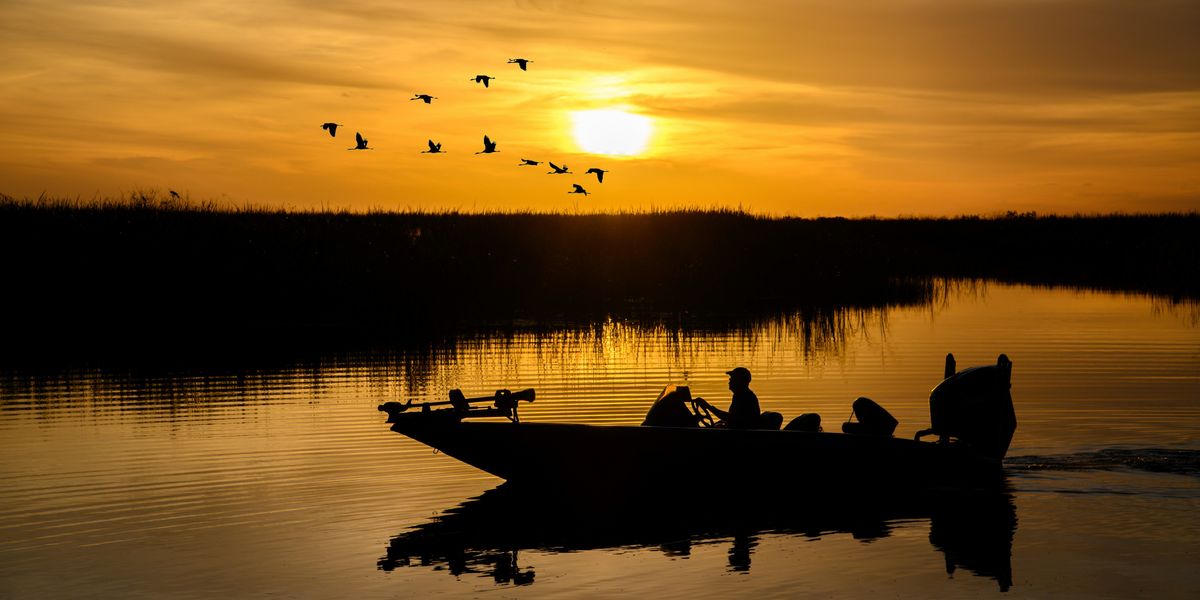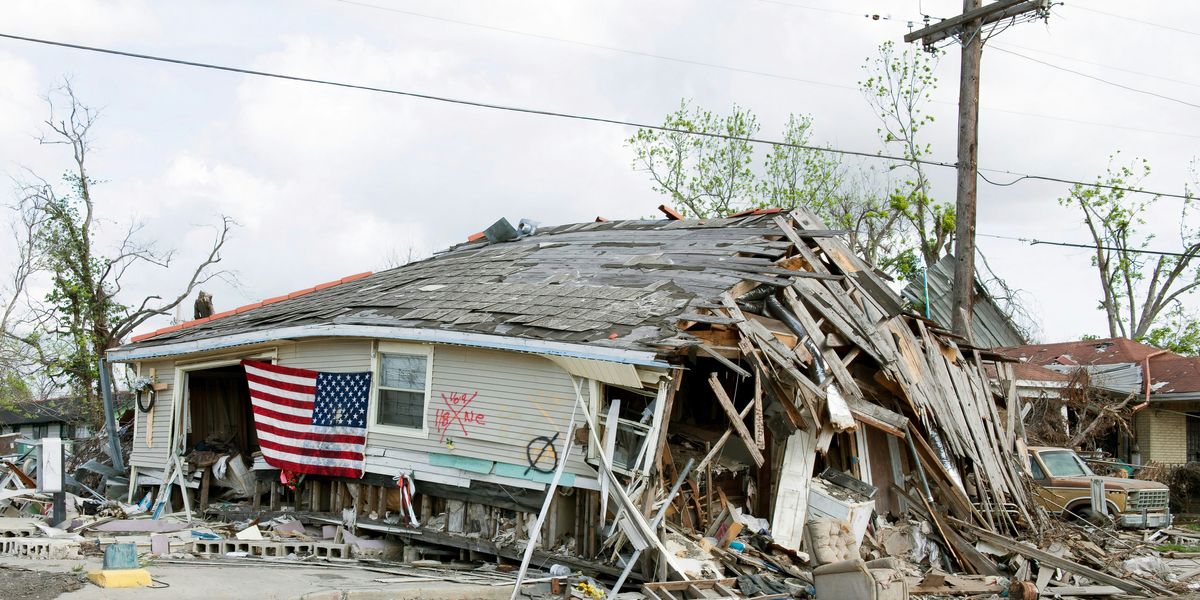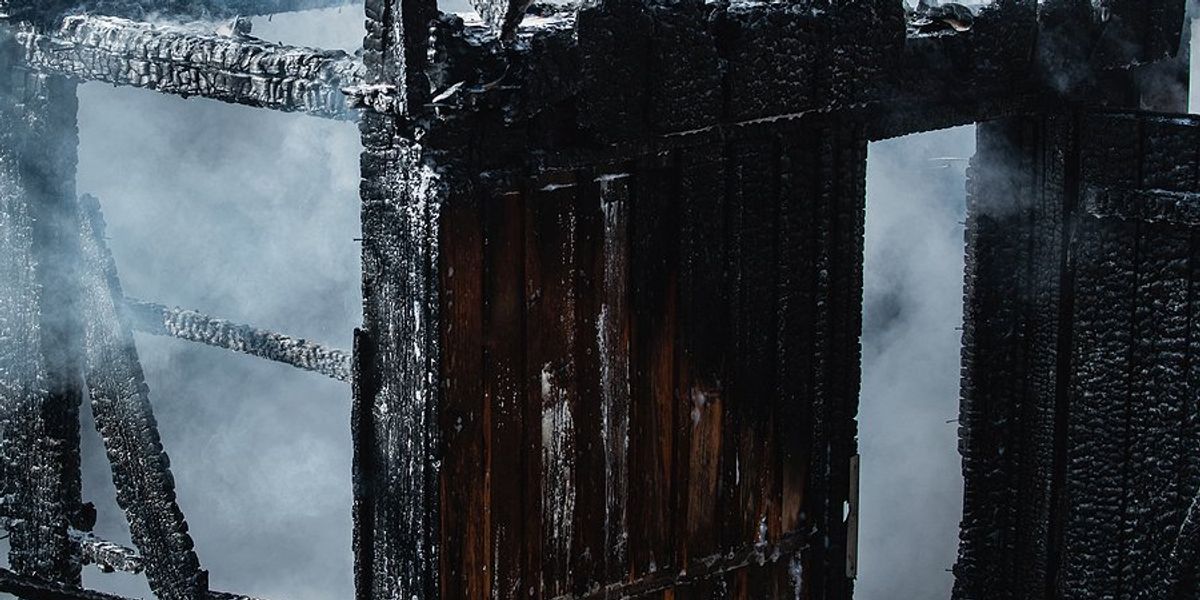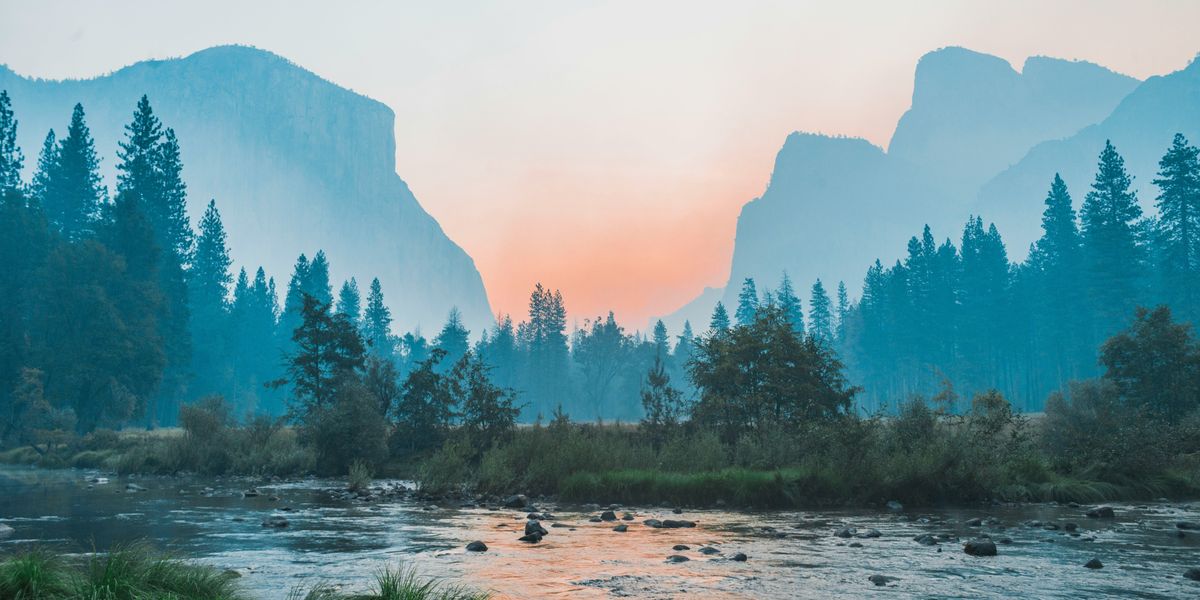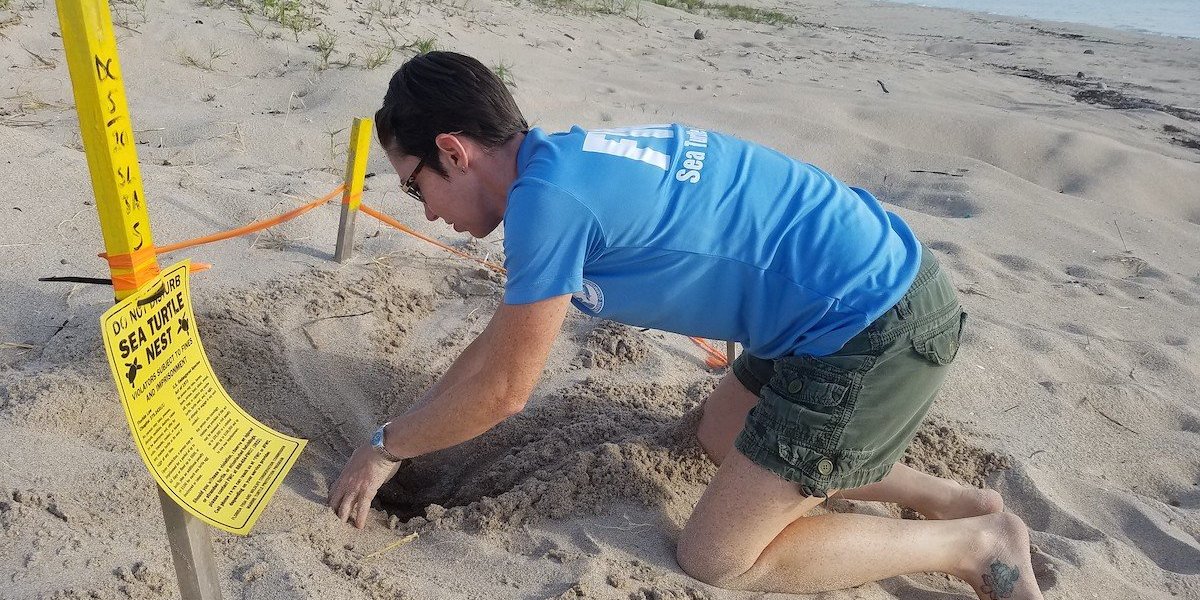
Major U.S. nature report in jeopardy due to Trump administration shutdown
Scientists were blindsided when the Trump administration killed a first-of-its-kind U.S. nature assessment, but key experts say they’ll finish it without government support.
Catrin Einhorn reports for The New York Times.
In short:
- The National Nature Assessment was nearly complete when Trump revoked it by executive order, cutting off federal support and removing the project’s web page.
- The report aimed to assess the state of America’s land, water and wildlife, predicting future changes and their impacts on human health, the economy and national security.
- Researchers are now working to publish the report independently, raising challenges about peer review, funding and how to maintain the report’s influence.
Key quote:
“This work is too important to die. The country needs what we are producing.”
— Phil Levin, former director of the National Nature Assessment
Why this matters:
When Trump pulled the plug on the National Nature Assessment, scientists were left scrambling to salvage a project they’d poured years into. But without federal backing, it’s an uphill climb to get it peer-reviewed and recognized by the right people. Still, they’re pushing forward without official funding and no government stamp of approval — just pure grit.

